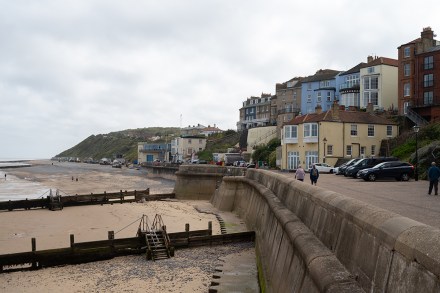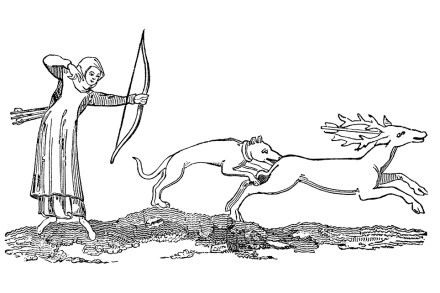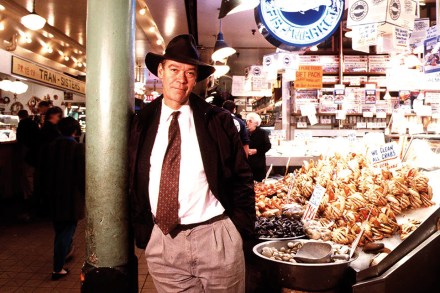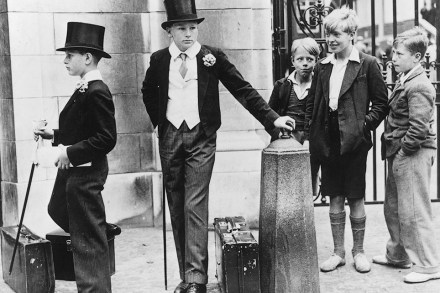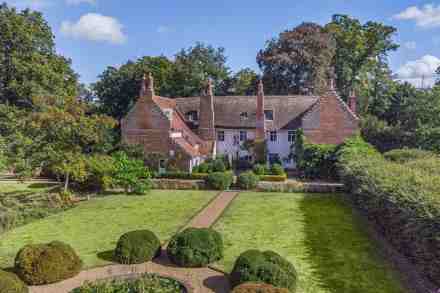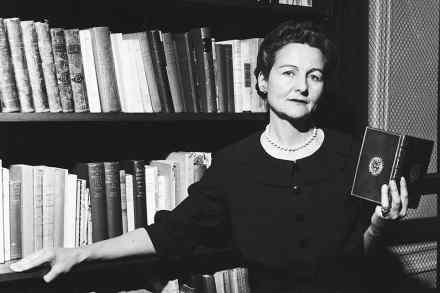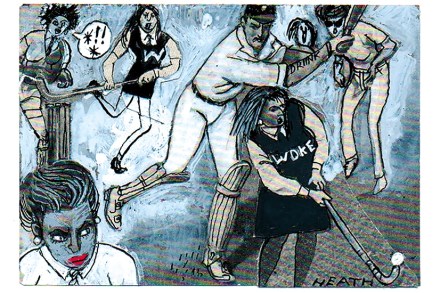What Andrew's Norfolk exile will look like
When Russian dissidents were bundled off into exile under the tsars, they were sent to Siberia, the ‘prison without a roof’, and disappeared from society, never to be seen again. Many residents of Norfolk, where the King has exiled his brother, Andrew Mountbatten Windsor, will be hoping he follows the same route. ‘There may be a certain thrill about having him, like presenting Liz Truss in your sitting room’ Norfolk likes to call itself a ‘royal county’, as the Visit Norfolk website proudly proclaims. Sandringham, the family’s private home, is well known. But the royal connection pre-dates Queen Victoria’s purchase of the country retreat for her son Albert in 1862





